-
Casinos for you
Internet Censorship Around the World
By JoeM Jan 05, 2021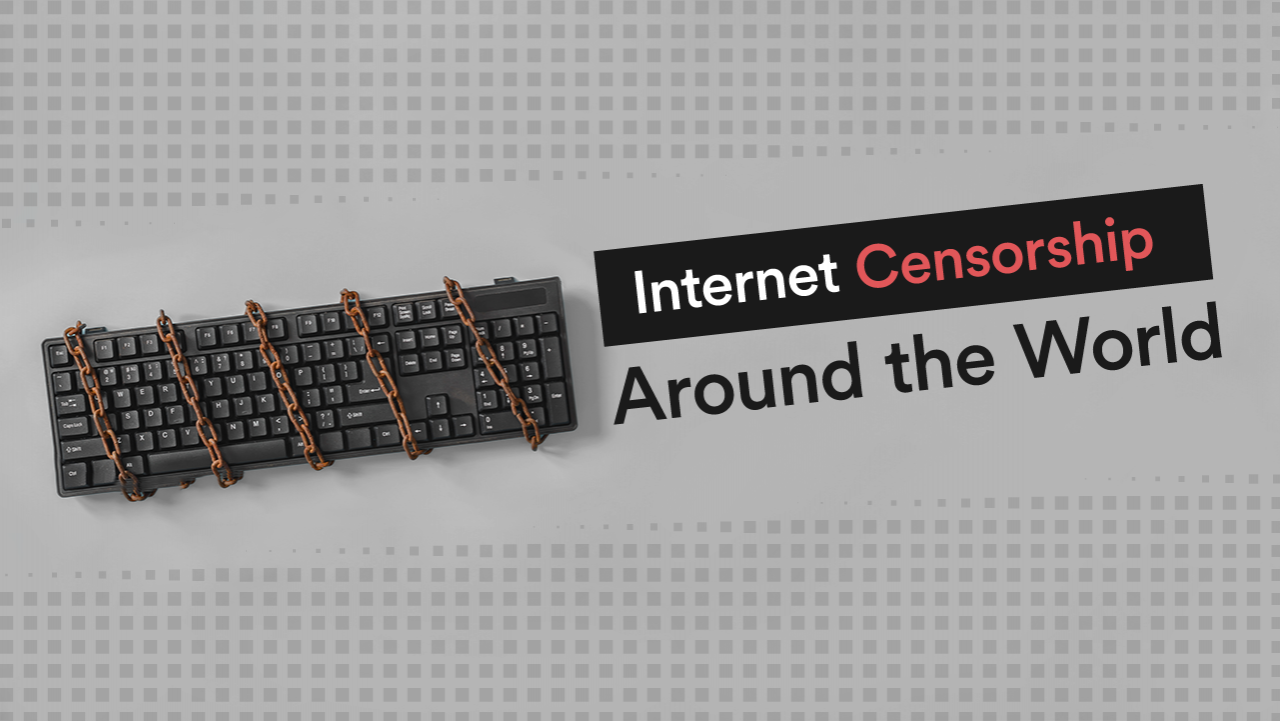 We conducted a global survey of over 1,000 people to determine what should and shouldn't be censored on the internet.
We conducted a global survey of over 1,000 people to determine what should and shouldn't be censored on the internet.As the internet has become ever-present in our life, so has censorship. Internet censorship manifests itself in different ways, across multiple platforms, and throughout the world's continents. There are ways to quantify the online freedom of countries, and we are constantly learning more about people's knowledge and opinions regarding their specific internet situations.
Other conversations are being had, such as figuring out what kind of content should be censored. There is much debate about this – who gets to decide what is right and what is wrong? When people's freedoms become compromised, some may rise up. Although, many countries have harsh regulations in place, and using your voice is not an option. The concept of internet freedom holds different truths across the globe. Using data from Freedom House's Freedom on the Net report and surveying more than 1,000 people from around the globe, we sought to determine what flies on the internet and what doesn't.
Censorship Through a Global Lense

Freedom House's annual Freedom on the Net report rates different countries' levels of internet freedom, and scores are based on three different factors: the limits on content, obstacles to access (the internet), and violations of user rights. For all three, the Western world, overall, seems to have much more online freedom than the rest of the globe. Generally, harsher regulations are imposed on the Eastern side of the world, aside from Australia – examples will be touched on later.
The top two countries most free in regards to internet censorship are Iceland and Estonia. They earned internet freedom scores of 95/100 and 94/100, respectively. The most important indicator of a truly free internet is the existence of powerful laws that protect the freedom of expression and dissemination of information backed by judicial independence. To note, the top five least free countries, in order, are China, Iran, Syria, Cuba, and Vietnam.
Who Knows What?

Separated by continent, we analyzed each person's knowledge of their home country's internet censorship practices. Australians seemed to know the least about their internet freedom, with 18.1% admitting they had no grasp of the subject. The rest of the category leaders were as follows: South Americans had a slight understanding of their country's internet practices (37.5%) but were also the most likely to report being extremely knowledgeable (5.6%); Europeans were the most likely to admit having somewhat of a clue on their country's censorship practices (36.5%); and Africans were the most moderately informed (33.1%). People in Africa were also the most likely to suggest an increase to internet censorship. Generally, 40.5% of respondents believed the level of censorship was fine as it stood, 32.7% wanted more of it, and 26.7% desired less.
Just under 19% of respondents claimed to have had their online content censored. In an online setting, censorship can be defined as the suppression or prohibition of content that is deemed harmful or destructive. Social media platforms often remove posts they believe meet this criteria based on their own values and terms of use.
Countries also have drastically different censorship levels. Whereas North Americans enjoy a wide breadth of online freedom, many people do not have the same luxury. For example, North Korea imposes formidable control over their internet platform – social media is inaccessible, and the only source permitted to post political news is the Korean Central News Agency (KCNA). Similarly in China, Western social media is blocked and political media is heavily restricted – journalists have faced harsh prison sentences for posting anything that doesn't align with government values.
How the People Feel

People exhibited strong opinions about what they think should be censored online. The least tolerable content, by far, was child pornography and/or pedophilia-related content – 88.1% of respondents said as much. Women were over two times more likely than men to say that pornography, in general, should be censored online. Governments across the globe take this issue very seriously. In the U.S., countless organizations such as the FBI, Homeland Security, ICE, and the U.S. Marshals Service contribute tremendous efforts to combating child exploitation.
The next most unacceptable forms of content were those that incited violence (60.4%) and promoted criminal activity (59.4%). In 2019, alone, there were a reported 1.2 million violent crimes perpetrated in the U.S. including aggravated assault, robbery, rape, and murder/manslaughter. Per our respondents, inciting violence and crime online should not be taken lightly.
Interestingly, 22.4% of respondents wanted extreme conservative political ideologies censored, which is just over 3 percentage points more than the 19.2% who wanted extreme liberal political ideologies censored. Seeing as the majority of media outlets are leftward-leaning and are very influential, this gap is no surprise. Men were more likely than women to want censorship of political propaganda of any kind.
Also, 18.7% wanted conspiracy theories off of the internet. One of the famous internet conspiracies this past year, QAnon, is the theory that there is a group of Satan worshippers (namely Democrats, celebrities, and billionaires) who run the world and engage in mysterious rituals. Supporters believe Trump is waging a war against this group. It's not difficult to understand why many people might want conspiracies like these to be censored.
Defining Boundaries

When asked if tech companies and governments should be allowed to censor internet content, the responses were similar for both. Around 27% believed they should never be allowed to censor content. Slightly more people (68.2%) believed governments should sometimes be allowed to exercise the right to censor, as opposed to the 62.4% sharing this belief for tech companies, and the idea that either should always be allowed to censor content was minimal (10.7% for tech companies and 6.6% for governments). A lot more men than women from our survey believed that tech companies should never censor their content.
Regarding social media platform (e.g., Twitter, Facebook, Instagram) censorship, 86.6% of respondents were in favor of companies having the power to impose it. This debate has caused many people to wonder what kind of content should be flagged – which particularly holds true for politically inclined posts. For example, a survey of over 4,700 U.S. adults suggests 73% of Democrats are in favor of social media companies flagging posts from elected officials as misleading or inaccurate, if necessary, whereas 71% of Republicans said they disapprove of this. Fifty percent of Republicans and 11% of Democrats indicated having no confidence in social media companies making censorship decisions, such as determining what deems a post inaccurate.
A Societal Perspective

When asked why content should be censored online, 84.8% of participants agreed that the main reason was to prevent access to harmful activities such as child pornography. Just under 60% wanted censorship in place to stop the spread of misinformation, which has been quite the hot topic this year.
On the internet, it has become increasingly hard to discern truth from lie. According to an online report, only 34% of North Americans trust social media. Fifty-two percent of Americans think online news websites regularly report fake news, and 67% believe that fake news causes a great deal of confusion. Fake news especially affects the political world, as seen in past elections.
Regarding the extent to which people believe internet censorship can harm society, most people believed it was only somewhat or slightly damaging, while only a small percentage deemed it extremely detrimental. Interestingly, people from Africa and Asia advocated the most for internet censorship. One of their main goals? Preventing people from being offended.
The Future of the Internet
Looking ahead, it is hard to determine the impact that internet censorship may have on us. For many, regulated and limited internet usage is the norm. In North America, though, freedom of speech is expected to be respected wholeheartedly. There are many cases of people getting censored for reasons they do not agree with, and it has become increasingly frustrating for online content creators to have their work suppressed.
The reality is internet censorship is meant to be a tool that protects the public from harm. Different companies have their own motives and guidelines – although sometimes frustrating for some, we will need to learn to accept its existence while continuing to responsibly express ourselves online any way we can.
Methodology
We surveyed 1,049 people about their views on censorship online. Respondents were 60.8% men, 37.9% women, and 1.1% nonbinary. One respondent chose not to disclose their gender. The average age of respondents was 28.9 with a standard deviation of 10.2 years.
Our survey included respondents from every continent, with the exception of Antarctica. Respondent counts were as follows:
- North America: 338
- South America: 107
- Africa: 136
- Europe: 208
- Asia: 61
- Australia: 199
Questions on what content people believe should be censored and the reasons why censorship can be necessary were asked as check-all-that-apply questions. Therefore, percentages won't add to 100.
Limitations
The data we are presenting rely on self-report. There are many issues with self-reported data. These issues include, but are not limited to, the following: selective memory, telescoping, attribution, and exaggeration.
Fair Use Statement
As the world becomes ever more connected through the internet and other technology, censorship continues to be a major concern. If someone you know would benefit from the information presented here, you may share for any noncommercial reuse. Please link back here so the entire project and its methodology can be viewed. This also gives credit to our contributors, who make this work possible.
Tags
Related Blog Posts
-
CASINOS
- Popular
- Specialty
- Features
- Casinos By
-
BONUSES
- Popular
- By Type
-
GAMES
-
Slots
- Popular
- By Software
- Variations
- Features
-
Blackjack
- Popular
- Variations
- Features
-
Roulette
- Popular
- Variations
- Features
-
Video Poker
- Popular
- Variations
- Features
-
Craps
- Popular
- Features
-
Baccarat
- Popular
- Features
-
Poker
- Popular
- Variation
- Features
-
More Games
- Keno
- Bingo
- Fixed Odds
- Other Games
-
JACKPOTS
- Popular
- By Game
- By Software
-
COMMUNITY



.png.0f651d9e8ab97819d8e6bcc89d162b26.png)







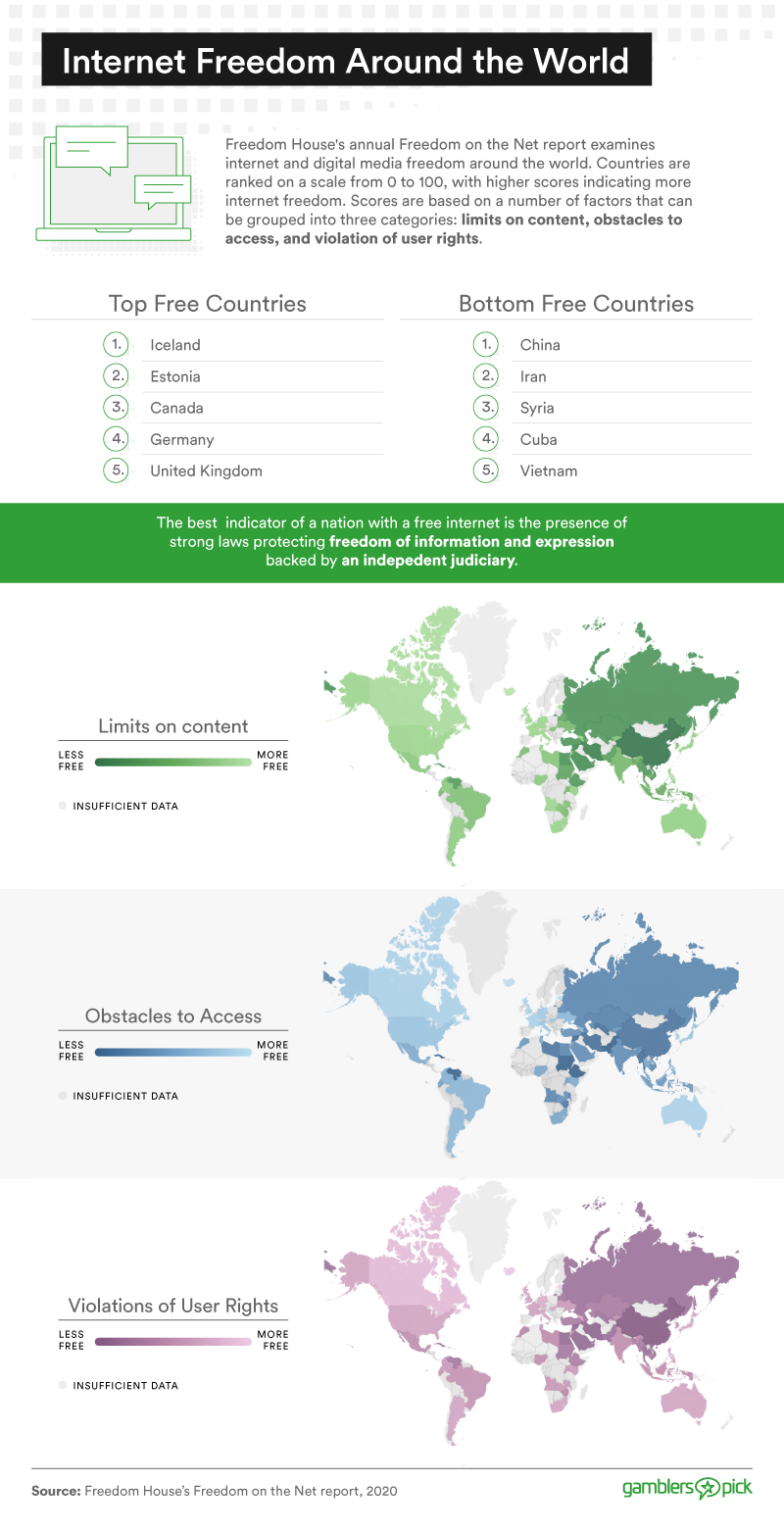
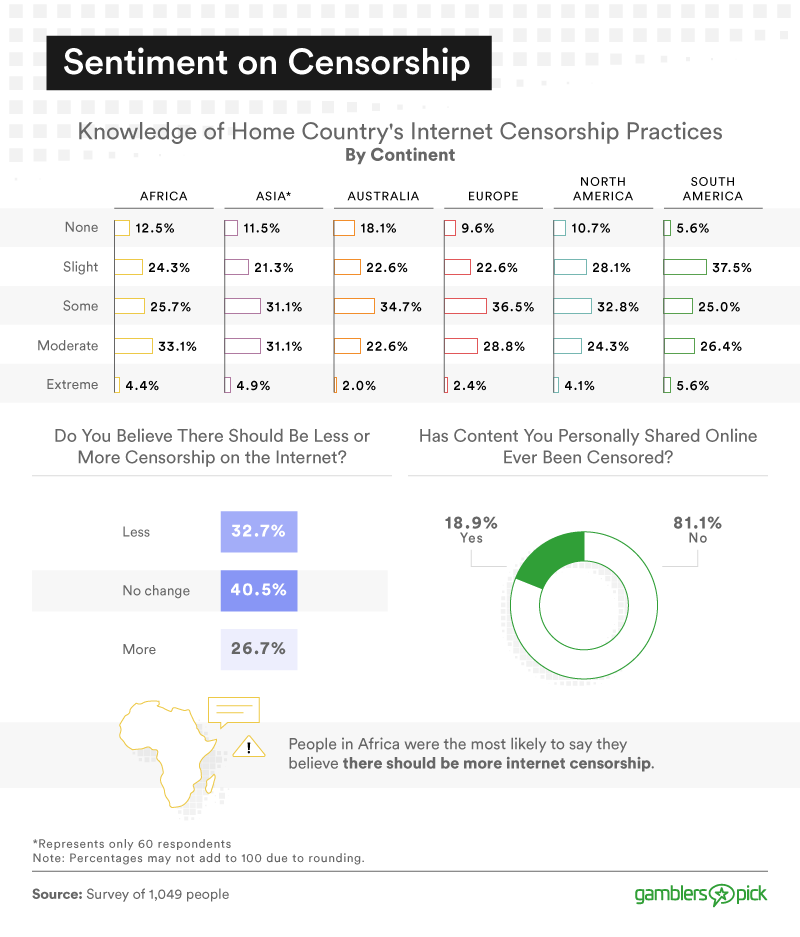
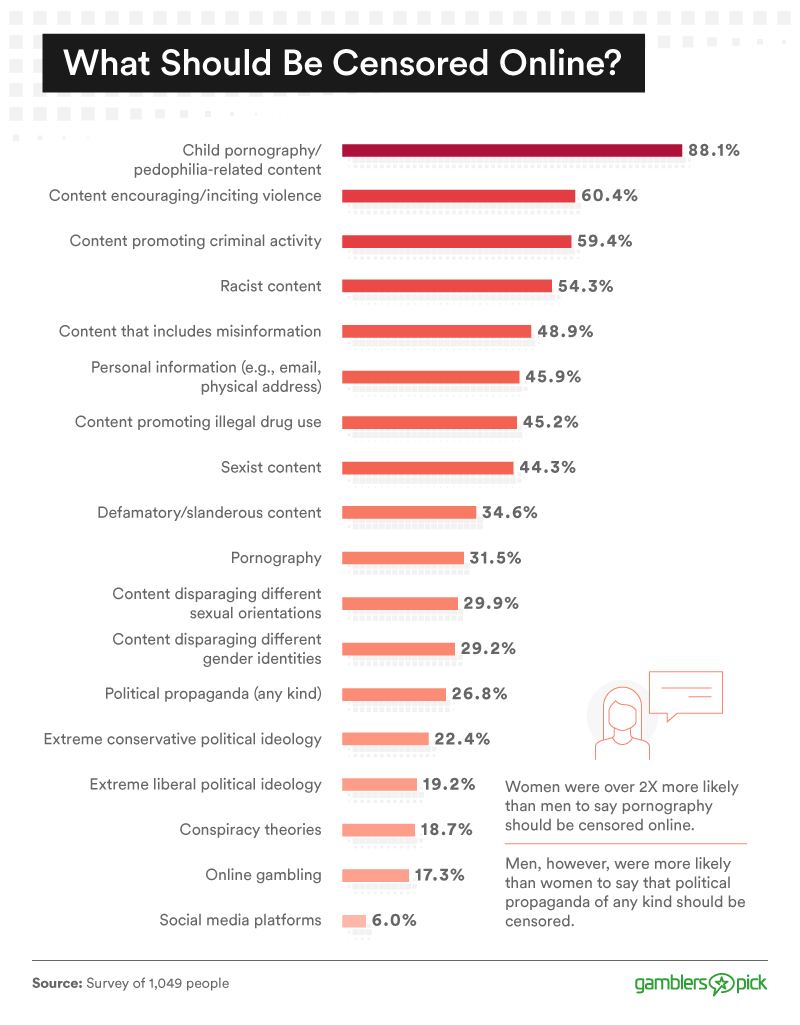
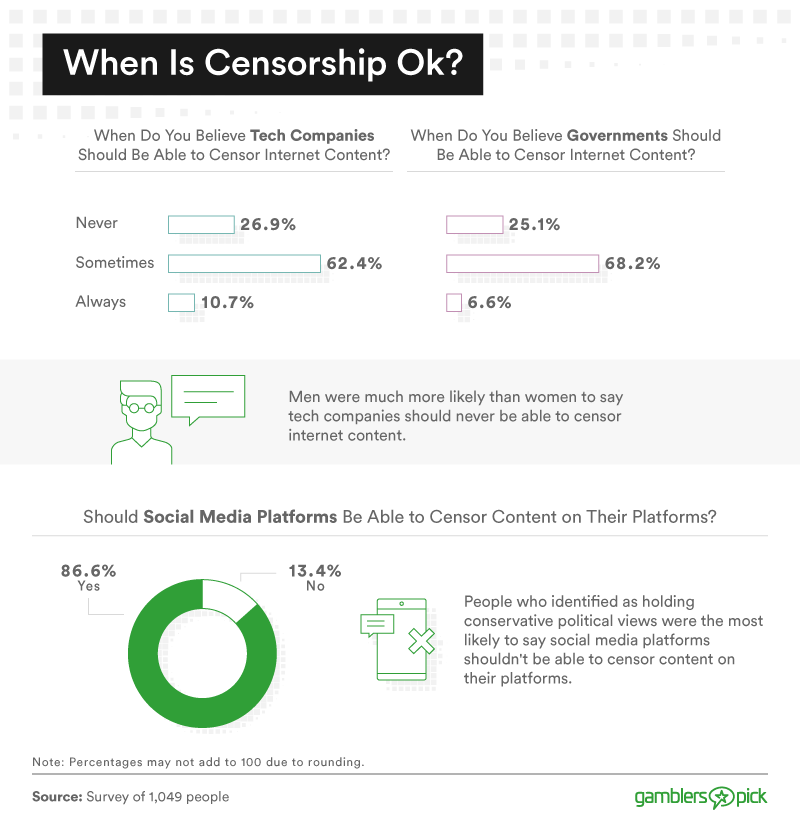
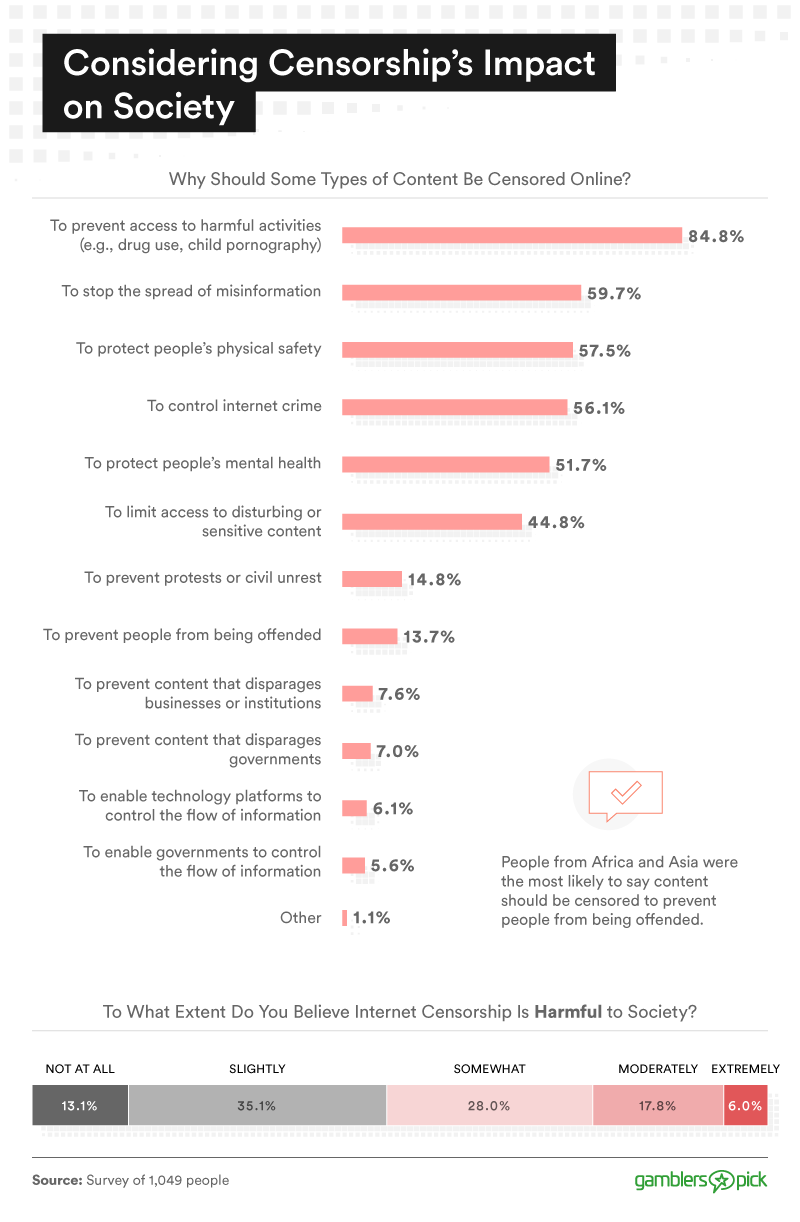


.jpg.0f083fed53833a901d7e4f85850a3502.jpg)


.jpg.80608d000033788c9aa397d7b5489349.jpg)
.jpg.6b9828f10acec861aa6d7ecd9550803e.jpg)










.jpg.6b9828f10acec861aa6d7ecd9550803e.jpg)
![Gauging Investors’ Stock Market Knowledge [Survey]](/uploads/monthly_2021_09/stock-market-smarts-header.jpg.ed9e6b59e99212d460da620a6bcb5d24.jpg)
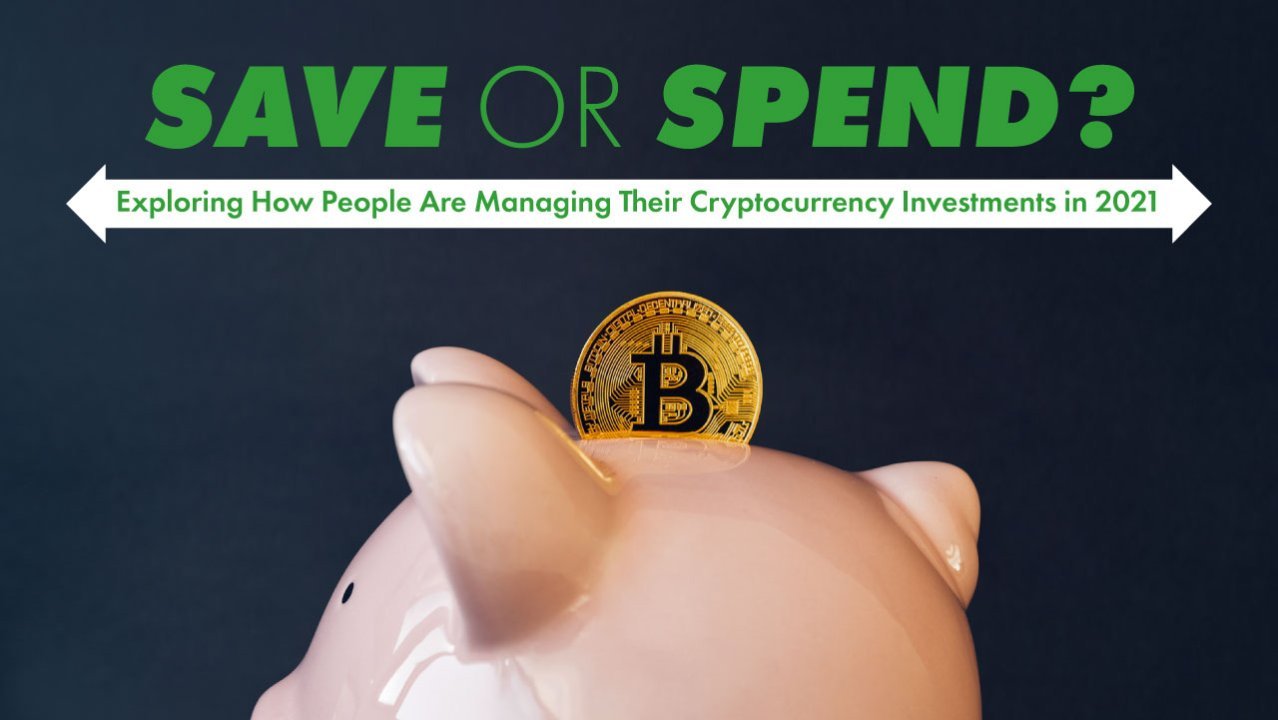





Recommended Comments
There are no comments to display.
You can post now and register later. If you have an account, sign in now to post with your account.
Note: Your post will require moderator approval before it will be visible.
Write a comment